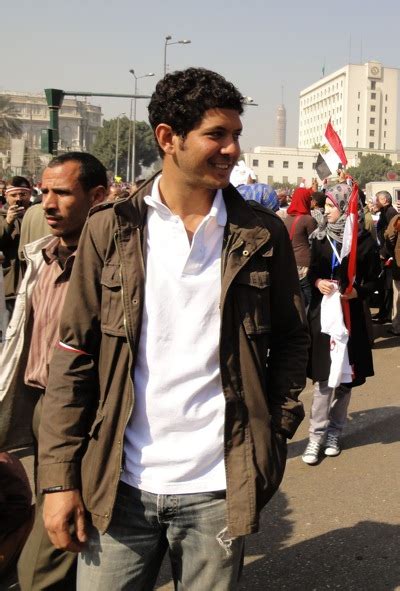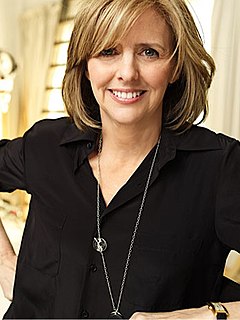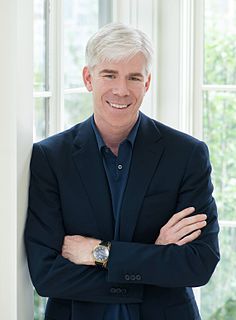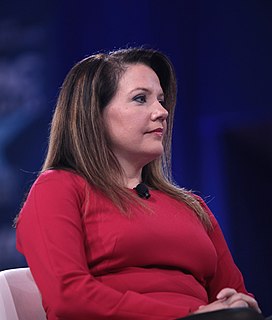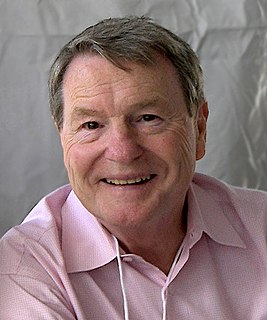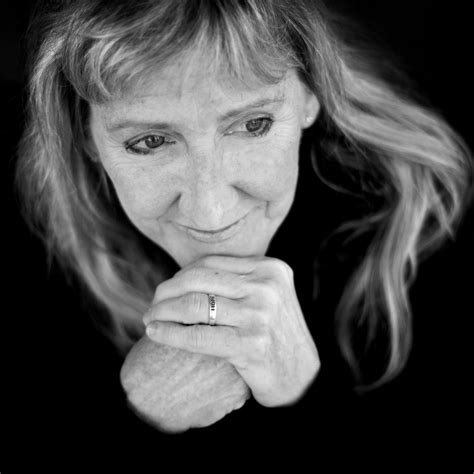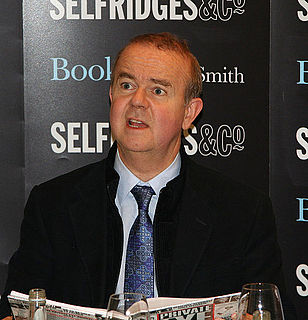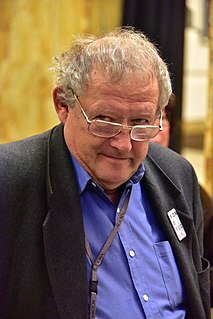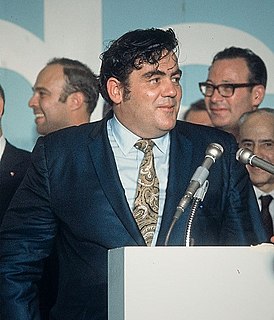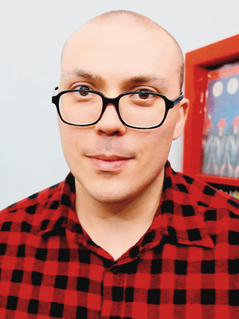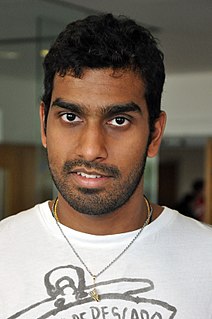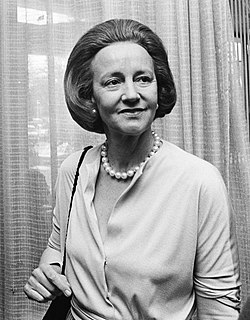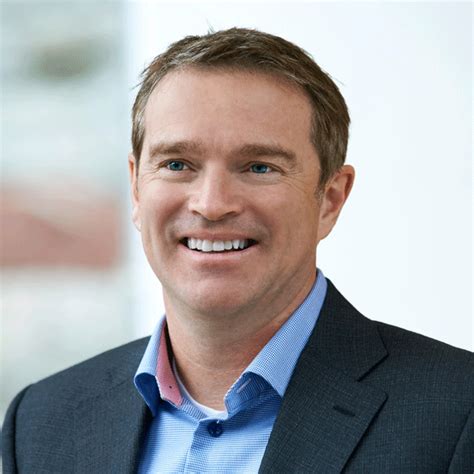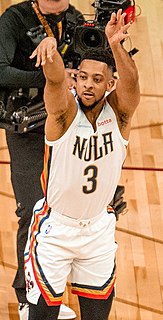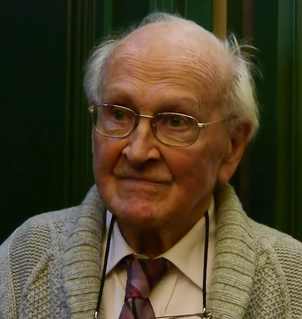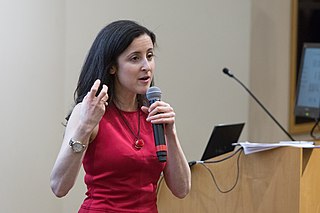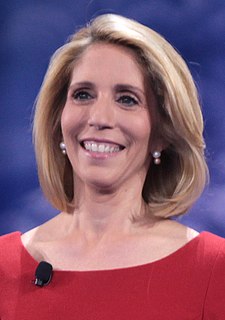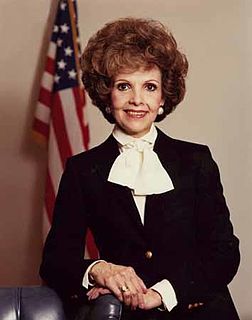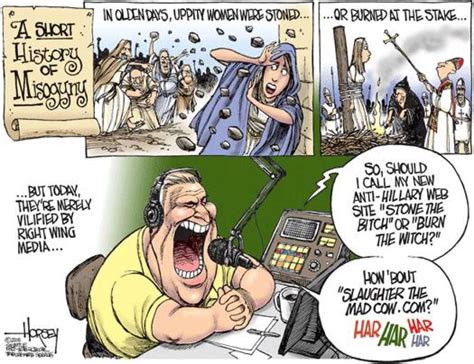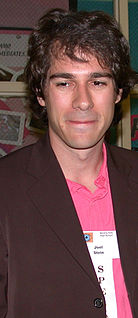Top 1200 Journalism Quotes & Sayings - Page 20
Explore popular Journalism quotes.
Last updated on April 22, 2025.
There have been so many individuals who have really put a lot on the line. That they've sacrificed so much to try to protect the principle of source protection in the journalism world. And I think Julian Assange, and WikiLeaks, and Sarah Harrison have really been extraordinary in standing up for that.
I'm interested in non-fiction, but a form of it which is very badly behaved, which doesn't define itself as straight-ahead journalism or memoir. It blurs boundaries, plays fast and loose with the truth - not to be silly, whimsical or lazy, but to get greater purchase on what it feels like to be alive.
The very act of representation has been so thoroughly challenged in recent years by postmodern theories that it is impossible not to see the flaws everywhere, in any practice of photography. Traditional genres in particular-journalism, documentary studies, and fine-art photography-have become shells, or forms emptied of meaning.
I started as a print reporter. I’m a journalist and that’s what I do. My function is an anchorperson, but it’s in a journalism context, and gravitas and coats and ties and haircuts and all that sort of stuff, I’ll leave to others. My thing is just to do my job the best way I know how and as I say I’m very fortunate to be able to do it the way I want to do it.
The newspaper that obstructs the law on a trivial pretext, for money's sake, is a dangerous enemy to the public weal. That awful power, the public opinion of a nation, is created in America by a horde of ignorant, self-complacent simpletons who failed at ditching and shoemaking and fetched up in journalism on their way to the poorhouse.
I had the most incredible English and literature teachers in school, and it really influenced my love of storytelling. It's what made me excited to study journalism in college. I love editorials and documentaries. All of that came from being given the opportunity to lose myself in good writing when I was a kid.
Journalism is one of the devices whereby industrial autocracy keeps its control over political democracy; it is the day-by-day, between-elections propaganda, whereby the minds of the people are kept in a state of acquiescence, so that when the crisis of an election comes, they go to the polls and cast their ballots for either one of the two candidates of their exploiters.
Journalism should be truthful and entertaining. You know, with news and important facts you can entertain people too. Have a little humor. Life isn't all that deadly all the time, but while you're having fun, tell the truth. If every word of a column is deadly serious, I can't read it. It makes me throw up.
The most important thing the giant philanthropies could do - Gates, Rockefeller, Ford, Open Society Institute, and new ones emerging - would be to create a $2-to-$3 billion Trust for Independent Journalism. They wouldn't miss the money, and democracy would still have a fighting chance because of their investment.
I've always wanted to be in journalism. I even started a course at Loughborough doing media studies. I like all sports, and I am keen on writing. But I thought that while I was still young, I ought to make a real go of it at badminton. So I have put all my focus on playing sport instead of writing about it.
I mean, I think everybody in the world, all the young people in the world, went to journalism school and wanted to investigate everything. And I think they overdid it. I think that you have to investigate things, you have to e skeptical, but you shouldn't be vengeful. You have to be fair and you have to be careful.
As for the petty little world of journalism, the media demonstrates how it, more than anyone, is careful to traffic only in authorized ideas and wares; while at the same time it fosters, through its antics, the illusion of a free circulation of ideas and opinions - not unlike jesters in a tyrant's court.
It's good for a writer to come from journalism because it gives you the tools. A journalist knows that he or she can lose the reader in six lines, so try to keep the attention of the reader. Also, you learn to research, and to conduct an interview - to extract from the person whatever you need from that person.
When people in power can operate in the dark, inevitably they abuse that power. So, you need outside forces to bring light and transparency to what they're doing. And, one of the ways you do that is through journalism, and through guaranteeing a free press. That is its purpose, to provide a check on those who wield power.
The journalism, I was a financial journalist - it's very good training as a writer. You have to write for deadlines; you have a certain economy of phrasing. As a training ground as a writer, it's fantastic. I also think it teaches you to be observant, to listen to people, and gives you an ear of dialogue from doing interviews.
Yes, the disruption of the Internet can be blamed for the destruction of the business model that once made journalism a thriving, well-paying enterprise, but it has also created an array of new tools for reporting. Somebody will eventually figure out how to make online newspapers profitable - I hope.








